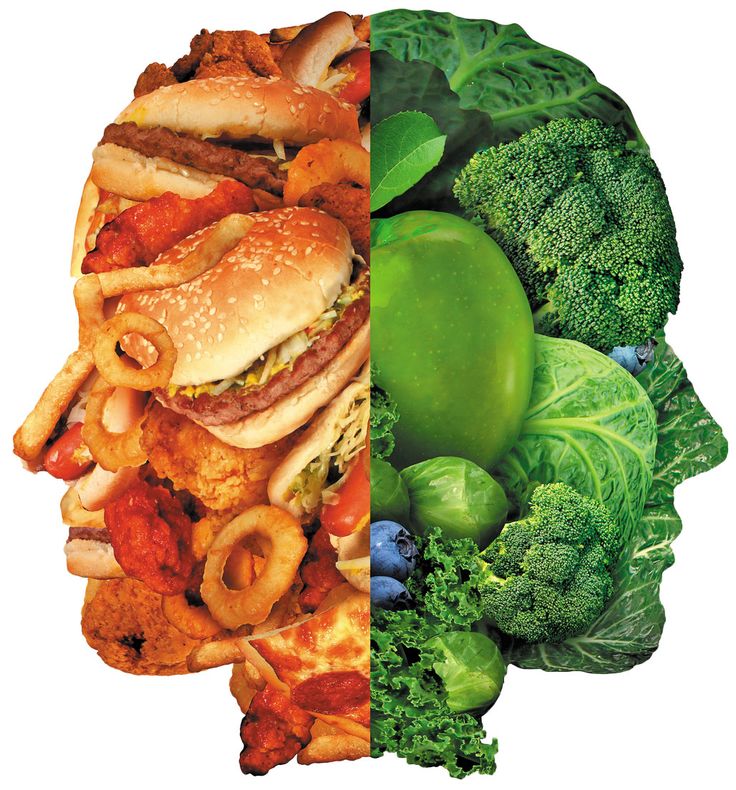Mindful eating means paying full attention towards your food. Applying mindful eating practices in your daily routine can help you to choose the food that is good for your overall well-being. In this way you’ll start enjoying your meal and develop a healthy relationship with food.
There are many benefits of mindful eating practices and some of them are explained below:
Benefits of mindful eating Practices:
- Slow eating benefits: Eating slowly has various benefits that can help to improve your digestion system. This will give you a positive impact on your overall health
- Improves your digestion: Chewing your food well, helps you to improve your digestion and it prevents your body from various problems such as Acidity, gas, bloating etc.

2. Manage Your weight: Paying attention to your body signals like, when you are feeling hungry or when you are done with your eating, helps you to prevent overeating. So, You should eat slowly and properly. so that you get to know when your stomach is full.

3. Make you feel better mentally: Mindfully eating also reduces stress and anxiety. Eating your meals on time, chewing your food slowly and properly, focusing on what you are eating, improves your mental health and it also improves your mood.

4. Helps with health issues: Making mindful food choices also helps to prevent you from various diseases. Mindful eating can lower the risk of obesity. Maintaining healthy weight and making aware decisions about the foods you consume. Eating in moderate amounts improves cholesterol level, reducing blood pressure and minimising the risk of heart diseases.

5. Improves eating habits: The basic practice of improving eating habits is to be aware of how your food choices impact both your body and mind. Moreover, the habit of stopping when satisfied and eating when experiencing actual hunger cues promotes positive mindful eating practices and discourages emotional eating.

The importance of healthy eating habits is that you start consuming proper nutrient intake resulting in better productivity and maintaining energy throughout the day. Additionally, a balanced diet enhances overall health and happiness and increases your lifespan.
Mindful eating v/s Dieting
| Mindful eating | Dieting | |
| Definition | Mindful eating means paying full attention to what and how you are consuming your food. | Dieting means following the rules strictly to achieve your goals. |
| Principles | Mindful eating focuses on awareness of the eating experience and one can enjoy the food without feeling guilt. | Dieting focuses on restricting certain foods that are not good for you so that you can achieve a fit body. |
| Sustainable | Mindful eating exercises are easy to maintain long-term. | While dieting is difficult to maintain long-term due to its strict rules. |
Overcoming common challenges
- Distracted Eating: It occurs when you do not pay attention towards your food. You eat your meal while watching T.V, mobile or while working. This may lead to overeating and you’ll start having digestive problems.
How to overcome destructive eating
- Eat your food without any distraction like watching T.V or laptop.
- Focus on your meal and eat your food slowly by chewing it properly.
- Pay attention to your hunger and when you feel full.
- Food Cravings: It means, wanting to eat some specific food, mostly unhealthy ones. Food cravings happen when you feel stressed or you have the habit of eating certain unhealthy foods.
How to overcome food cravings
- Find alternatives, like having a healthy snack like fruits or anything healthy that you like.
- Make a habit of eating healthy food, this will prevent you from cravings.
- Start meditation and exercise on a daily basis for stress reduction so that you don’t crave unhealthy foods.
- Negative thinking or self-talk: When you start saying to yourself that you “ can’t do” or you are “ not able to control yourself from eating unhealthy food, or talk any negative thing to yourself then it makes it harder for yourself to eat healthy and mindfully. So you should keep a check on yourself about why you speak negatively to yourself and overcome it.
How to overcome negative self-talk
- Replace your negative thoughts with positive ones. Divert your mind immediately whenever any negative thought starts occurring to your mind.
- Focus on the positive and avoid unhealthy food and negative thoughts that are not good for your health.
- Set a goal for your eating habits and try to achieve it.
- Lack of awareness: It means that you don’t pay attention to mindful eating practices like what and how much you are eating. Awareness matters in one’s life because it helps to enjoy your meal and you start making better food choices.
How to overcome Lack of awareness
- Eat slowly while focusing on your flavours and texture of your food.
- Listen to your body by noticing when you feel hungry and when you feel that your stomach is full. Enjoy each bite of your food while eating.
- Note down everything you feel after having your meal. This will help you to know what is good and suitable for you.


Conclusion:
Following mindful eating tips can improve over over-all health. Eating mindfully helps both your body and mind by reducing stress. Making your body fit and making a habit of staying positive and consuming healthy food. These essential thoughtful eating techniques like listening to your body, paying attention to your meals, and choosing food that is good for your health lead you to a better physical and mental health. These small changes can make your lifestyle better, healthier and happier.
